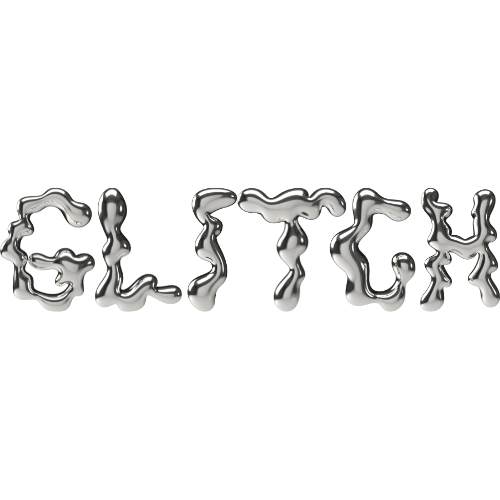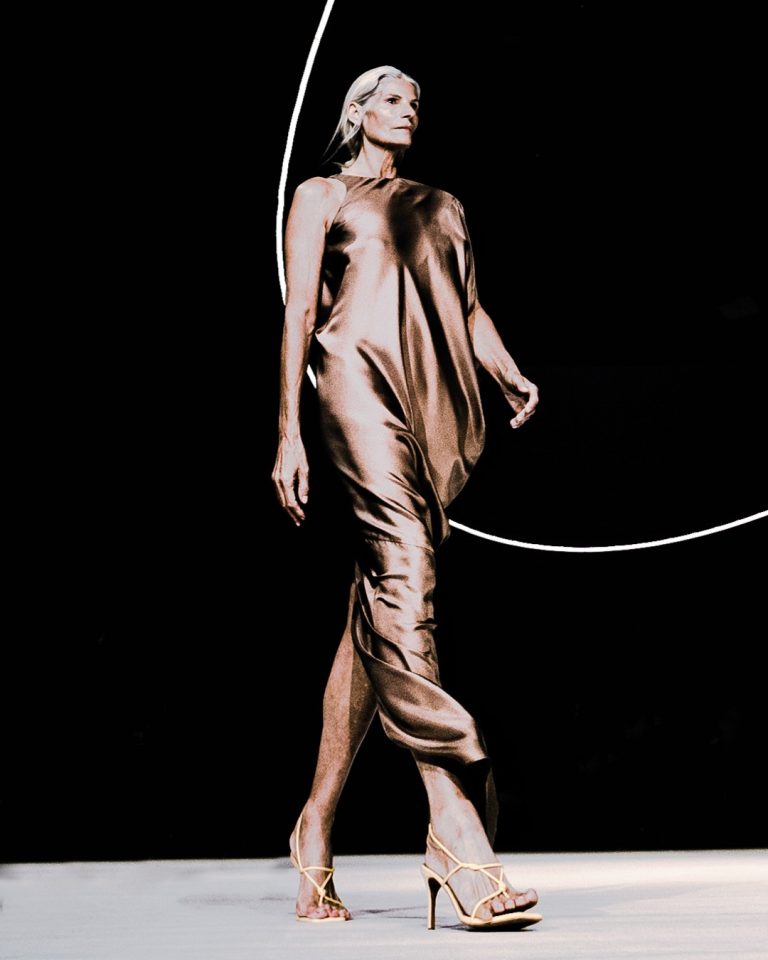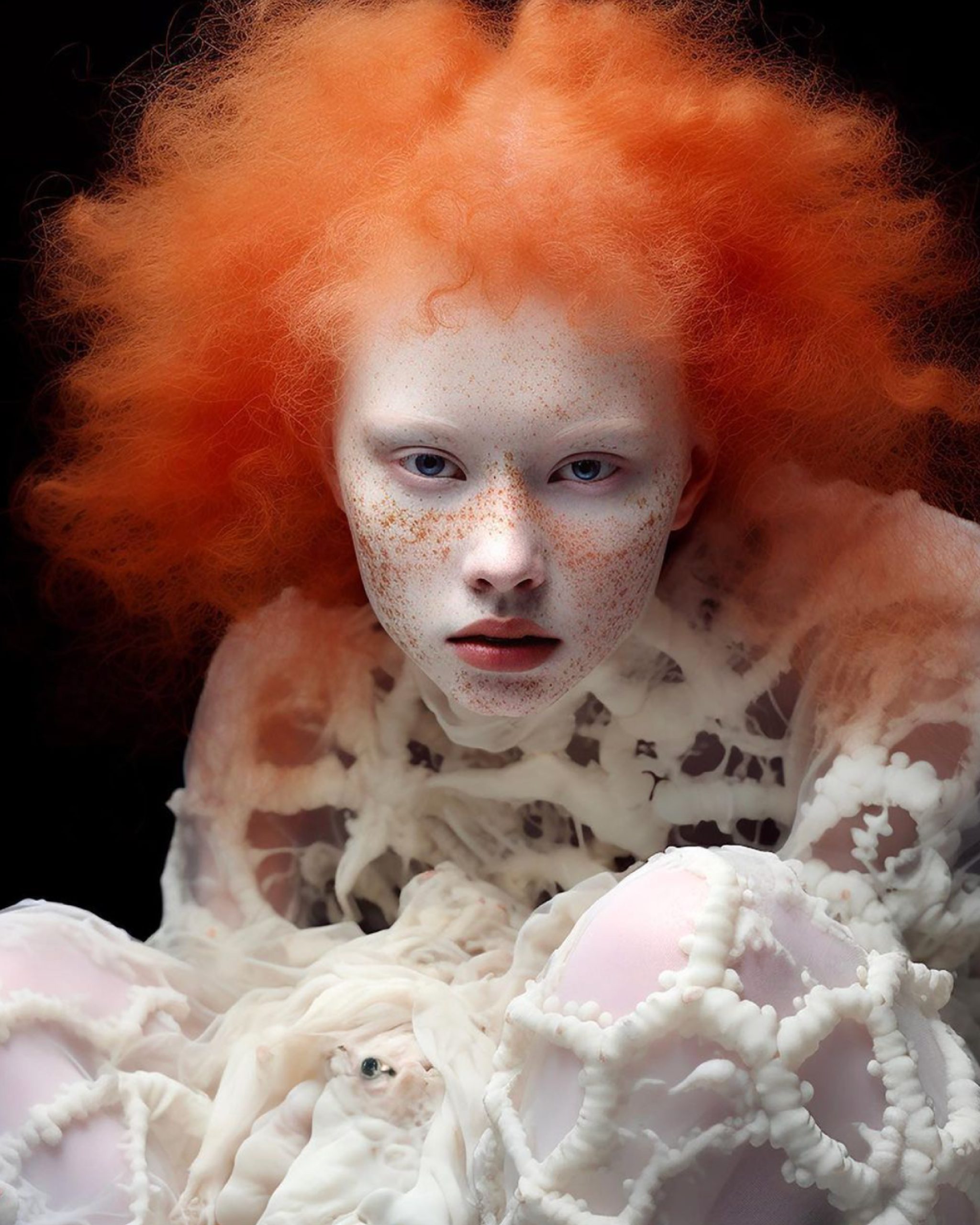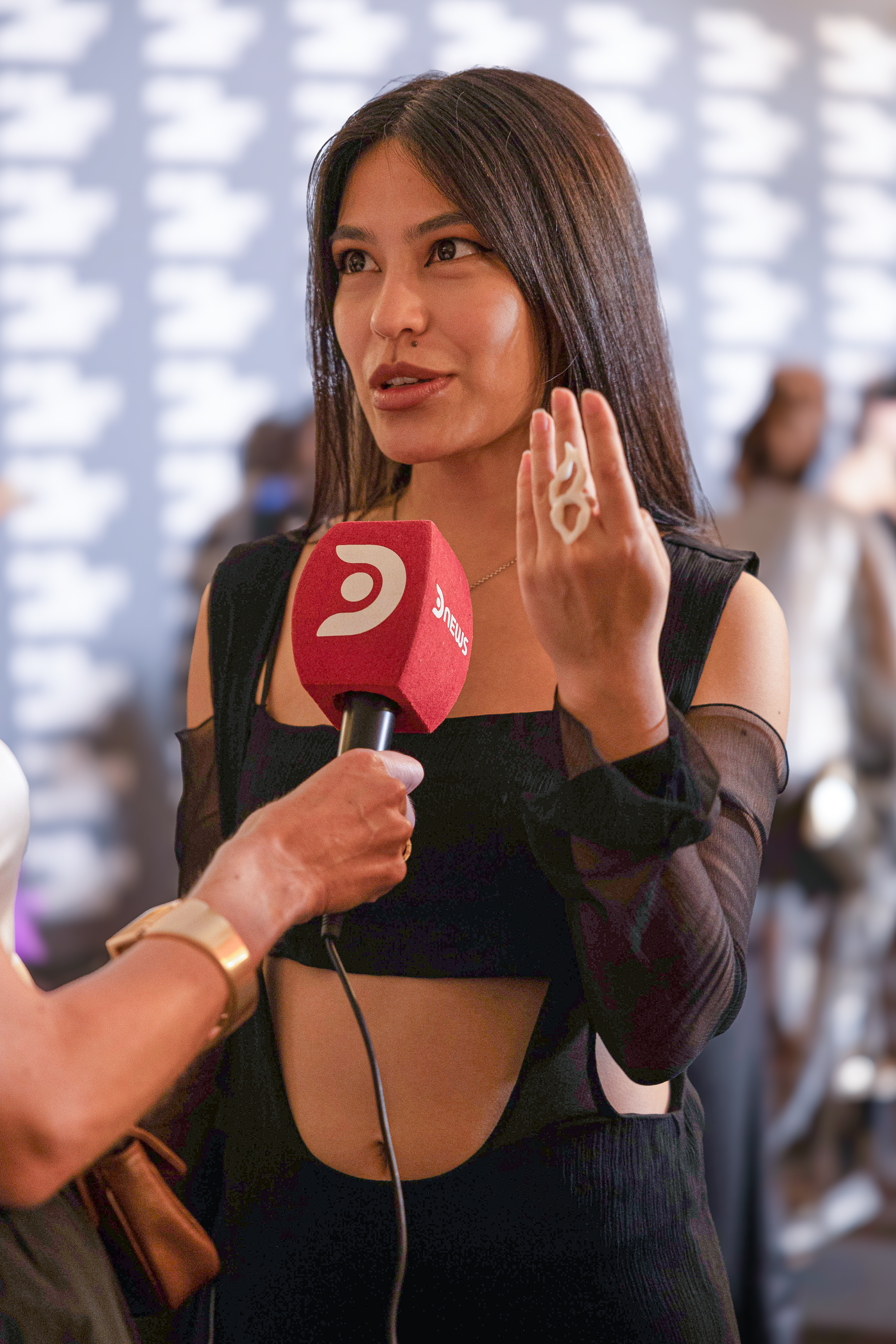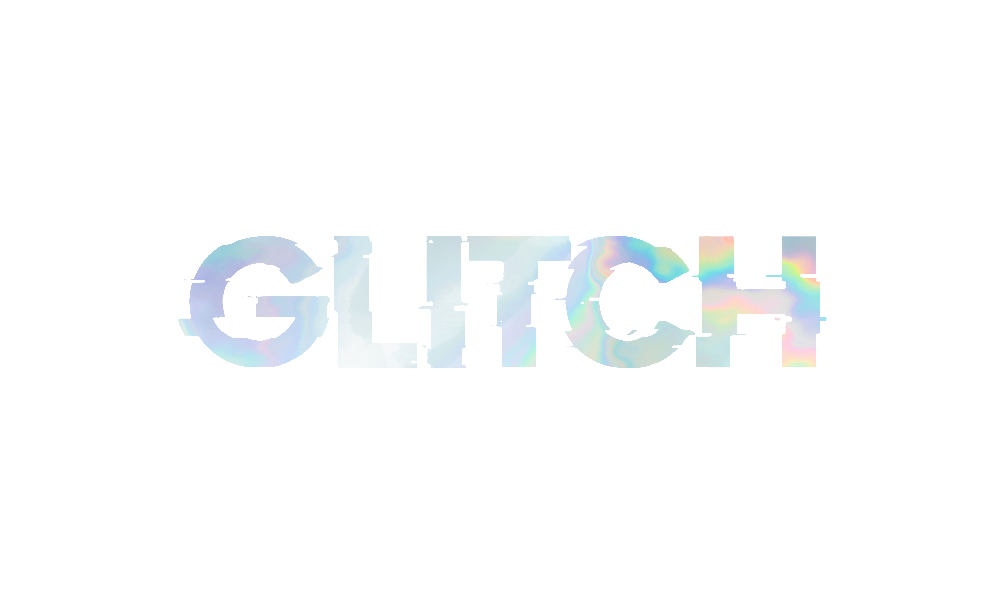“Mostly, what I have learned so far about ageing, despite the creakiness of one’s bones and cragginess of one’s once-silken skin, is this: Do it. By all means, do it.”
The door to diversity has been ajar for quite some time accompanied by a progression that continually evolves and manifests steadily, spilling into each industry with unsuppressable vigour. As we enter an era that calls for all shapes, sizes, colours and identities to be represented, are the older generations still being tossed to the wayside?
The fashion and beauty industry has for too long based the bulk of their marketing on youth. The message was seldom about embracing the gift of ageing, rather, a playbook on how to stay young and defy signs of age altogether. Enter the normalisation of ‘anti-ageing’. The anti-ageing movement became so deeply rooted in culture that it led to a wide-spread fear of growing older. One too many fine-lines on a celebrity’s face at a red-carpet and the comments would run like river rapids. The average retirement age for a model was considered to be 25 for women, and around 30 for men. Men would ‘age like fine-wine’, women would just ‘get old’. The language surrounding the topic of ageing has been so poorly curated over the years that undoing the damage is like trying to untangle an impossibly knotted set of headphones. While the road ahead is lengthy, there are an overwhelming number of influential voices taking a stand against ageism and breaking down the towering walls of fear that have been built for the sole purpose of driving consumption. Big brands have had the tendency to generate buzzwords like “pro-ageing” and “anti-anti-ageing”, however, what defines the impact of such words are the actions and intentions behind them.
“I don’t worry about a number. I’m fine with ageing.”
Social media continues to rewrite the rules when it comes to what has impact and relevance within industries. Particularly within the fashion industry, big brands have turned to the voices of influential content creators and public figures in order to inform consumer decisions. This lasting shift could be what finally normalises the process of ageing. The world is irrefutably ready for wider acceptance and change. The age of successful fashion influencers globally is diversifying with creators like Grece Ghanem (@greceghanem on Instagram) proving that “style has no age!”. The online movement influenced the return of 90s supermodels that graced the runways at fashion week this year and along with it, the demand for models in their 60s and upwards. Models like Elaine George, Rachel Waller, Jan Jacobsen, Abigail O’Neill and Lenna Holt celebrated a new age of inclusivity at the 2023 Afterpay Australian Fashion Week. With so much destruction caused by marketing tactics and persuasive language, it’s becoming increasingly vital to represent ageing as a stepping stone in life rather than a limitation or conclusion. Vera Wang is one of the women known for consistently championing the age positivity movement. When shopping for a wedding dress in her 40s, Wang noticed that the wedding dress market was specifically tailored to younger women. This realisation sparked the birth of her globally adored bridal wear brand. When asked about her secret to youth, Wang responded not with a 10-step skincare regime or a specialised diet plan, but by expressing the importance of having passion. When you break free from the tendency to become obsessed with anti-ageing and preservation, you leave space to focus on what you’re passionate about and nurture your energy. The energy you bring to life every day is what holds the power to combat fear of ageing. Wang explained that there is more to ageism than the discrimination of those over 40. In fact, there’s ageism even in children wanting to do grown-up things before they’re of an appropriate age. She expressed that, “as you get older, you have to find your own relevancy, and your own reason, and your own hope, and your own happiness, and your own desire for how you’re going to spend the rest of your life.”
“Experience stands for a lot too. Knowledge, wisdom, patience, care. You grow every day in your life. You have to try and continue to grow in one way or another, and that’s why I find ageism so old fashioned.”
Vera Wang
While the frenzied consumption of ‘anti-ageing’ products has contributed to long-reigning success and abundance in the beauty industry, there seems to be a gaping hole in the market that is now being spotlighted more than ever before. A study found that 70% of 50+ women believe that beauty focuses on fighting rather than embracing ageing. Additionally, 65% of those women believe that beauty advertising isn’t relevant to their needs. Statistics like these fuel the narrative that the attention and care received by consumers from beauty brands has an expiration date. After that, campaigns, products and marketing are no longer geared towards a diverse audience. Instead of celebrating growth and developing products specifically for mature skin, brands continue to pump out product after product promoting anti-ageing properties. The global anti-ageing market is projected to reach a staggering 93 billion US dollars by 2027, screaming loud and clear that the anti-ageing movement is here to stay for a while longer. What we now have in spades though, is clarity. A transparency that allows us to see-through gimmicks and persuasive language and see the bigger picture.
What continues to stand true against the test of time is that beauty knows no number. Younger generations are catching on, idolising women who were not long ago considered “past their prime” and breaking the stigma that relevance ceases the minute you hit a certain age. In the words of Vera Wang, ageism is so old-fashioned.
Written by Ashley Jade Callahan from GLITCH Magazine
